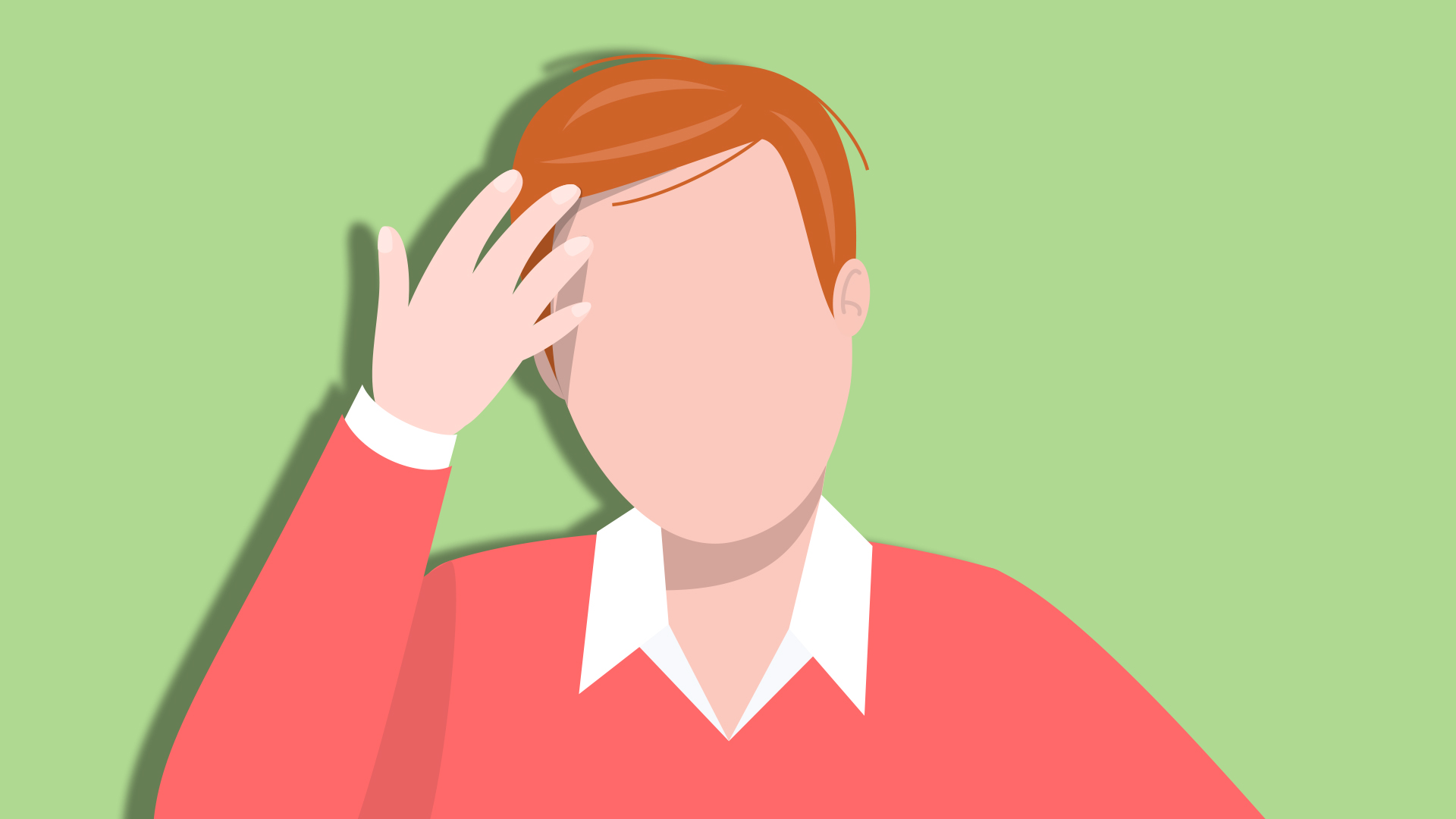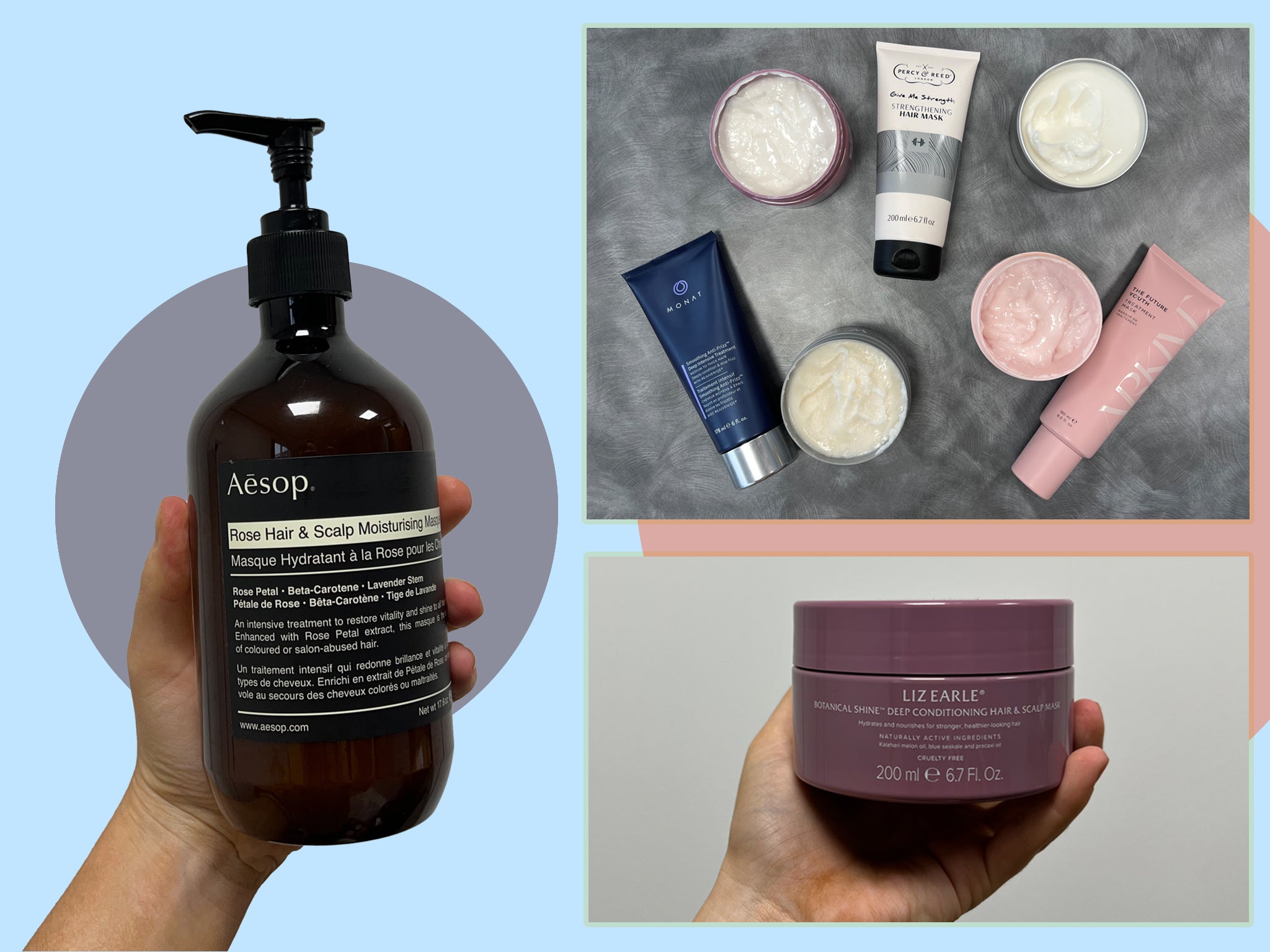Table Of Content

However, regrowth is very possible, and with time, patience, and some good ol’ fashioned effort, you can conquer your stress hair loss. One of these, known as telogen, is a period of rest that happens after active growth. When there’s a disturbance in the force your hair’s growth cycle, telogen effluvium can occur. Singer Paloma Faith, 42, is the latest celebrity to open up about female hair loss, revealing that her condition is caused primarily by stress. The London born songwriter and actress joins a long list of women, including Ashley Graham and Jada Pinkett-Smith, who have spoken candidly about their hair loss journey. There are many symptoms of anxiety that seem to become self-fulfilling.
Is There Any Way to Reverse Stress-Related Hair Loss?

UPMC HealthBeat is the publishing website for UPMC, an integrated health care system based in Pittsburgh. Articles published on this site go through several rounds of review before publishing, including a clinical review conducted by UPMC medical experts. If you have wavy, coiled, or curly hair, you might not notice it looks thinner. You may, however, tend to see more significant hair shedding when you’re styling your hair. It is an overwhelming urge to pull out hair from your scalp, eyebrows, or other areas of your body.
The relation between stress and the hair cycle
Sometimes, due to a shock to the system, the hair’s growth phase stalls out. Telogen effluvium develops when more follicles than usual, at least 30%, don’t properly transition to the resting phase. New York doctors presented a case study of 10 patients from an ambulatory dermatology clinic.
Treatments for hair loss in women
Ahram also advises being cautious about some buzzy hair care supplements. "I do not recommend biotin as it has not been shown to help with hair growth and can alter your lab results, such as thyroid labs, leading to false diagnoses." Both experts stress the importance of a healthful, balanced diet.
Menopause and hair loss: everything you need to know - Women's Health UK
Menopause and hair loss: everything you need to know.
Posted: Wed, 31 Jan 2024 08:00:00 GMT [source]
By eating a healthful, well-balanced diet, you can promote hair growth and prevent future loss. Because alopecia areata affects the immune system, there are several possible triggers for the condition, including stress, illness, or environmental factors. "Use a pretreatment or oil on the scalp before shampooing and massage the product using a scalp massager to stimulate blood circulation, promoting hair growth and healthy hair," she says. Severe cases can even lead to cicatricial or frontal fibrosing alopecia due to tight hairstyles, causing inflammation, irritation, and itching. In this case, inflammation can scar the area and permanently damage hair follicles, preventing future growth.’ He adds.
These resting hairs will eventually shed and fall out, as this is the next step in the hair cycle. These hairs might more easily fall out when you’re washing or styling your hair. However, there are a few things that may help to support overall hair health. Eat a balanced diet, and in particular, consume an adequate amount of protein (0.8 grams/kilogram/day).
This usually happens a few months after the stressor occurs and stops when the body's hormone levels have readjusted. Hair shedding is different than hair loss, which is when hair stops growing. Reasons for hair loss include male or female pattern baldness, certain medications, and harsh chemical hair products.
Other potential hair loss causes
In a typical person’s scalp, 85% of hair is anagen, while 15% is telogen. Some stressors induce 70% of anagen hair into telogen, leading to hair loss. Whether or not you're already dealing with stress-related hair loss or are worried it's on the horizon, maintaining healthy hair and scalp habits is always a good idea. That means minimizing how often you color your hair, turning down the temperature on hot tools, and not using dry shampoo every day (because it can clog the hair follicle), according to Dr. Bhanusali. It’s possible to reverse many types of stress-related hair loss over time, Proudman said. However, it’s important to seek guidance from a doctor because some more serious medical conditions can cause hair loss as well.
This might be caused by hormones, genetics, or you guessed it, stress. If your hair is falling out more than normal, it's important to determine the cause; in some cases, you may need a blood test or other tests. Most of the time, no treatment is necessary, and your hair will return to its normal growth cycle. Telogen effluvium occurs when large numbers of hair follicles push into the resting phase.
The good news about stress-related hair loss is it’s usually not permanent when there is no underlying health condition. With the right treatment and lifestyle changes, you can make a full recovery after a few months to a year. Most baldness is caused by genetics (male-pattern baldness and female-pattern baldness). See your doctor if you are distressed by persistent hair loss in you or your child and want to pursue treatment.
Baldness typically refers to excessive hair loss from your scalp. Hereditary hair loss with age is the most common cause of baldness. Some people prefer to let their hair loss run its course untreated and unhidden. And still others choose one of the treatments available to prevent further hair loss or restore growth. Subjecting mice to mild stress over many weeks increased corticosterone levels and reduced hair growth.
If you have fine or straight hair, you might “tend to notice [telogen effluvium] very quickly” because your hair “is already thin and now looks thinner,” McNeill explains. Usually, you can expect to have your typical head of hair back in about 1 year after the telogen effluvium starts. You can't always prevent stress in your life, but effective coping techniques can help you reduce the effect that stress has on your body and mind. Not all hair loss is because of stress, but a person may shed significantly more when they experience extreme stress. You may find that hair pulling happens without much thought, like when you’re bored or distracted.
If you start suddenly losing abnormal amounts of hair three to four months after a particularly stressful event, you're likely experiencing telogen effluvium. But take heart in knowing that this is temporary and will most likely improve on its own with some time. People experiencing female pattern baldness may also notice a general thinning of hair on the top of your head, but hair loss typically won’t occur on the front of your scalp, per Harvard Health. There are approximately 100,000 hair follicles on the adult scalp (although, this number may vary based on hair color). Each hair follicle is constantly cycling between growth and rest.

No comments:
Post a Comment